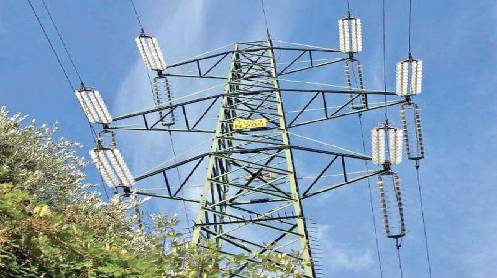ISLAMABAD: The government is imposing power load-shedding of 6-12 hours across Pakistan in the intense heat, attributing it to massive revenue losses as per an agreement with the IMF, though this action violates NEPRA’s regulations and fundamental rights.
On Monday, a shortfall of 4,500 MW was recorded, with power supply at approximately 22,450 MW against a demand of 27,000 MW. This shortfall is in addition to the revenue-based load shedding implemented in areas with over 10% losses.
Regions most affected by load-shedding include KPK, interior Sindh, Balochistan, south Punjab, and parts of Central Punjab under the Lahore Electric Supply Company (LESCO) jurisdiction. Despite this, officials in some Discos, such as Islamabad Electric Supply Company (IESCO), claim no forced or scheduled load-shedding in their areas, meeting the power demand of 2,369 MW during peak hours.
Similarly, the National Power Control Centre (NPCC) allocated 1,950 MW to Gujranwala Electric Power Company (GEPCO), with no shortfall reported. However, an official noted that outages were due to local faults in Discos’ distribution systems, including faulty transformers and extreme heat.
In Karachi, residents of areas experiencing prolonged load-shedding have taken to the streets, urging the provincial government to provide solar panels as previously promised. Revenue-based load-shedding has been debated in various forums, with the Law Ministry and NEPRA opposing the policy.
Minister for Power Sardar Awais Ahmad Khan Leghari announced the continuation of revenue-based load-shedding at high-loss feeders, while NEPRA Chairman Waseem Mukhtar stated that the regulator fines power companies for unscheduled load-shedding, suggesting a change in NEPRA’s law if the government wishes to continue forced load-shedding.
In June, Discos initiated a drive to recover outstanding arrears of billions of rupees from public and private sector consumers under federal government directives. The total arrears amount to about Rs 2 trillion, but the extent of recovery from the drive remains unclear.
Story by Mushtaq Ghumman





